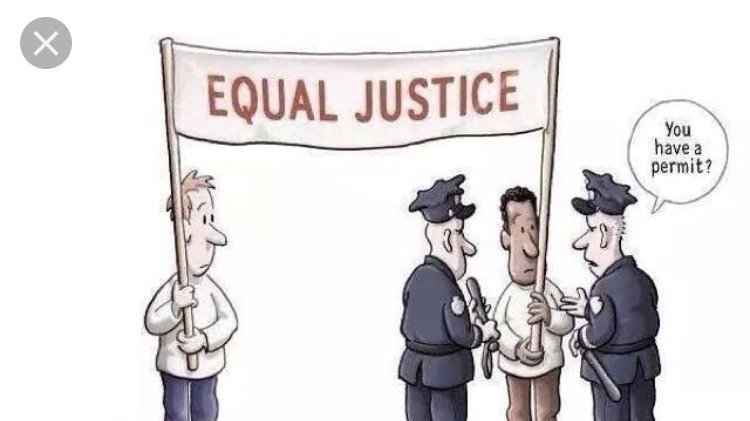|
by Anthony R. Green The past three to four years (a bit after the foundation of Castle of our Skins) has seen a dramatic rise in conversations about women in Classical music, people of color, non-Europeans, mis-representation and under-representation, programming, tokenism, and other injustices. But the older generation of composers and musicians of color remind me osmotically that these conversations are not new. Just like mass migrations of Black populations in the US from north to south or vice versa, conversations about the injustice in Classical music also occur in waves. What do these waves have in common though? After the conversations ... ... the injustice remains.
Why is this? Is this a fault of the system? Is this a fault in the nature of the conversation? Is this because of laziness or being distracted by other things? I would posit that it is a bit of all of the above. Systemic exculsion is so ingrained into everything that Classical musicians do that we just live with it, refusing to change, acknowledge that we should change, or research how to change. Conversations are so often about the problem and hardly EVER about the solution (as I mentioned in an article I wrote for NewMusicBox last fall). And changing itself requires uncomfortable truths, breaking down comfort zones, and gritty, messy processes; it is easy to start to change, get frustrated, and give up ... or start to change, then get distracted by life, other opportunities, etc ... Not that this blog post can solve everything in one post, but I want to posit that starting to change should begin with modifying our conversation. This can be as simple as throwing in from time to time the term "composers who happen to be ... " (Black, women, homosexual, non-binary, transgender, indigenous, Native American, etc ... ). It is good to remind readers from time to time that the word "composer" applies to all people, like the word "nurse" or "secretary". Including solutions in conversation is another positive step, and a welcome step as I experienced first hand. People want to know what they can do to help, and many will put in the work, and share the information with their network. Lastly, as much as you talk about injustice related to marginalized people, talk just as much or MORE about their achievements in a celebratory way. I cannot imagine Florence Price or William Grant Still wanting to be posthumously remembered primarily for the injustices they endured. It is a new year, and celebrations are in order! Are you with me?
0 Comments
Leave a Reply. |
Details
Writings, musings, photos, links, and videos about Black Artistry of ALL varieties!
Feel free to drop a comment or suggestion for posts! Archives
May 2024
|
Member Login
Black concert series and educational programs in Boston and beyond


 RSS Feed
RSS Feed










